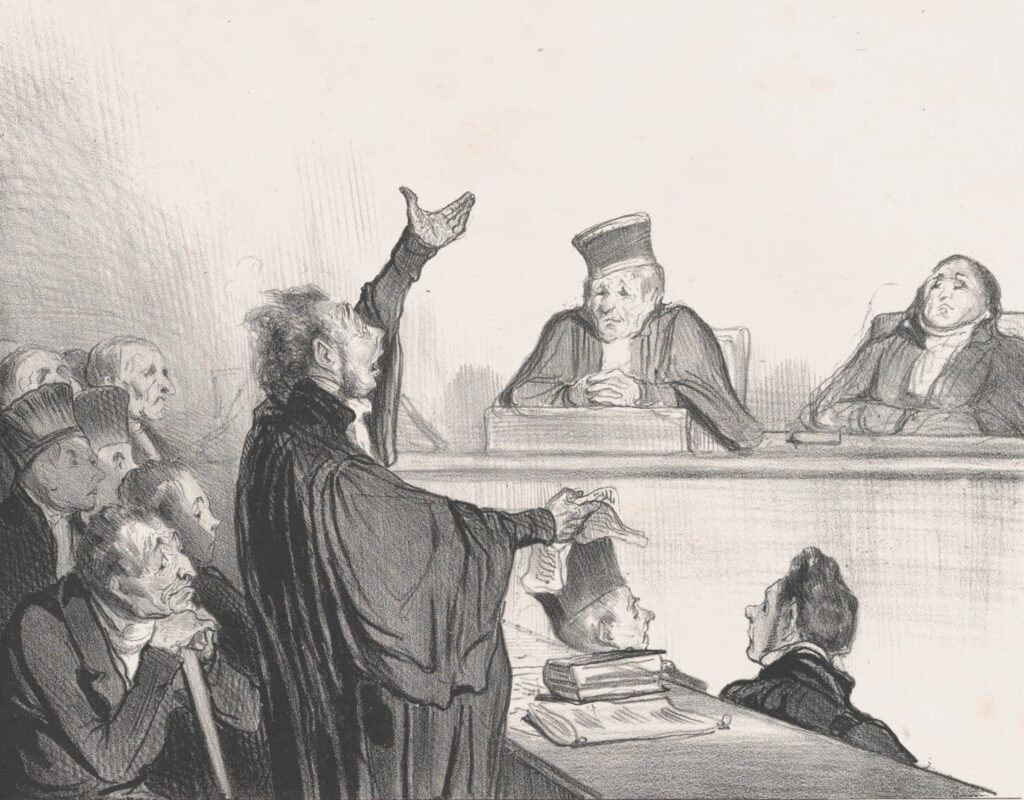We provide expert legal advice on professional negligence claims against all auditors. When financial information is inaccurately recorded or erroneous it can cause serious legal ramifications for auditors.
Auditors have a duty to look into the substantial accuracy of any given account, to ensure they correctly represent the state of the company’s affairs. This duty only requires the auditor to have been reasonably careful in their role.
In the instance where a claim of fraud is established in a company, the auditor will not automatically be held to have been negligent in failing to detect the fraud. Therefore, to establish whether an auditor has been negligent, it is necessary to prove that a reasonably competent auditor exercising normal skill and care would have identified the fraud.
Common examples of successful claims against auditors
In recent years it has become apparent that some of the more successful cases against negligent auditors have been where there has been a misunderstanding as to the degree of responsibility which the auditor was to assume in giving advice. Therefore, it is essential that you distinguish your claim between:
a) negligence which has been carried out contrary to agreed terms; or
b) a dispute that has arisen due to a misunderstanding regarding assumed duties of the auditor.
What happens if I do not have a written agreement with my auditor?
If there is no express contractual written agreement between you and your auditor, then the standard of work is implied by section 13 of the Supply of Goods and Services Act 1982, where it states:
‘in a contract for the supply of a service where the supplier is acting in the course of a business, there is an implied term that the supplier will carry out the service with reasonable care and skill’.
How can I prove that my auditor has been negligent?
In order to sue an auditor for negligence, a claimant must establish three essential elements to the civil standard of proof (on a balance of probabilities, i.e. it must be proved by the claimant that the financial adviser’s breach of duty caused the claimant to suffer loss).
1.Demonstrate that the auditor owed you a duty of care: the boundary lines between when a tortious duty of care is owed or not owed is subject to tests that are being continuously evolved by the courts. A duty of care exists where the auditor can be shown to have objectively assumed responsibility.
2. Establish that the auditor has breached the duty of care owed to you: proving breach will obviously vary depending on the individual circumstances of the case. A claimant needs to demonstrate that the breach shows that the auditor fell below the standards of a reasonably competent adviser in that speciality.
3. Prove that the auditor’s breach caused loss to you: you must prove both factual and legal causation. The test for factual causation is that “but for” the auditor’s breach you would not have suffered loss. Legal causation must also be proved i.e. the loss must be reasonably foreseeable at the time when the relevant duty was breached.
What is the time limit for commencing a claim against my auditor?
Time limits and limitation periods are essential to adhere to in litigation. Missing a limitation period is fatal to the chances of success of any claim and will leave a claim statute barred.
When it comes to ascertaining the limitation date for a particular claim, there are a number of factors to consider. In simple terms, the limitation period is six years from the accrual of the cause of action (section 2, Limitation Act 1980). However, if the six year time limit has passed but you have only just discovered the effect of any latent damage, then the limitation period may be extended to three years from the date of knowledge (section 14A, Limitation Act 1980).
If you have a complaint against an auditor, then our advice is that you take independent legal advice as soon as possible.
Book an Initial Consultation with our Professional Negligence Lawyers
Do you have a claim against a professional? If you want expert legal advice, do not delay in instructing us so we can assess the legal merit of your case.
We can often take on such claims on a no win no fee basis (such as a Conditional Fee Arrangement) once we have discussed the claim with you and then assessed and advised you on the merits of the proposed professional negligence action.
Our expert legal team of leading Professional Negligence Solicitors & Barristers can provide urgent help, advice or representation to you. Just call our Professional Negligence Lawyers on 02071830529 or email us now.
Instruct Specialist Professional Negligence Solicitors
We are a specialist City of London law firm made up of Solicitors & Barristers operating from the only law firm based in the Middle Temple Inn of Court adjacent to the Royal Courts of Justice. Our team have expertise in advising on claims for compensation against professionals that have fallen below the standard expected, which causes clients financial or personal loss. We are experienced in bringing successful claims against negligent solicitors, barristers, financial advisers, surveyors, auditors, architects, tax advisers and IFAs.








